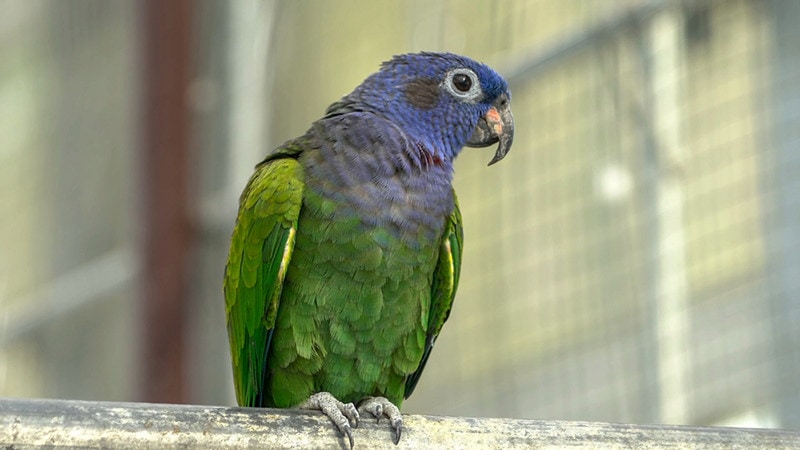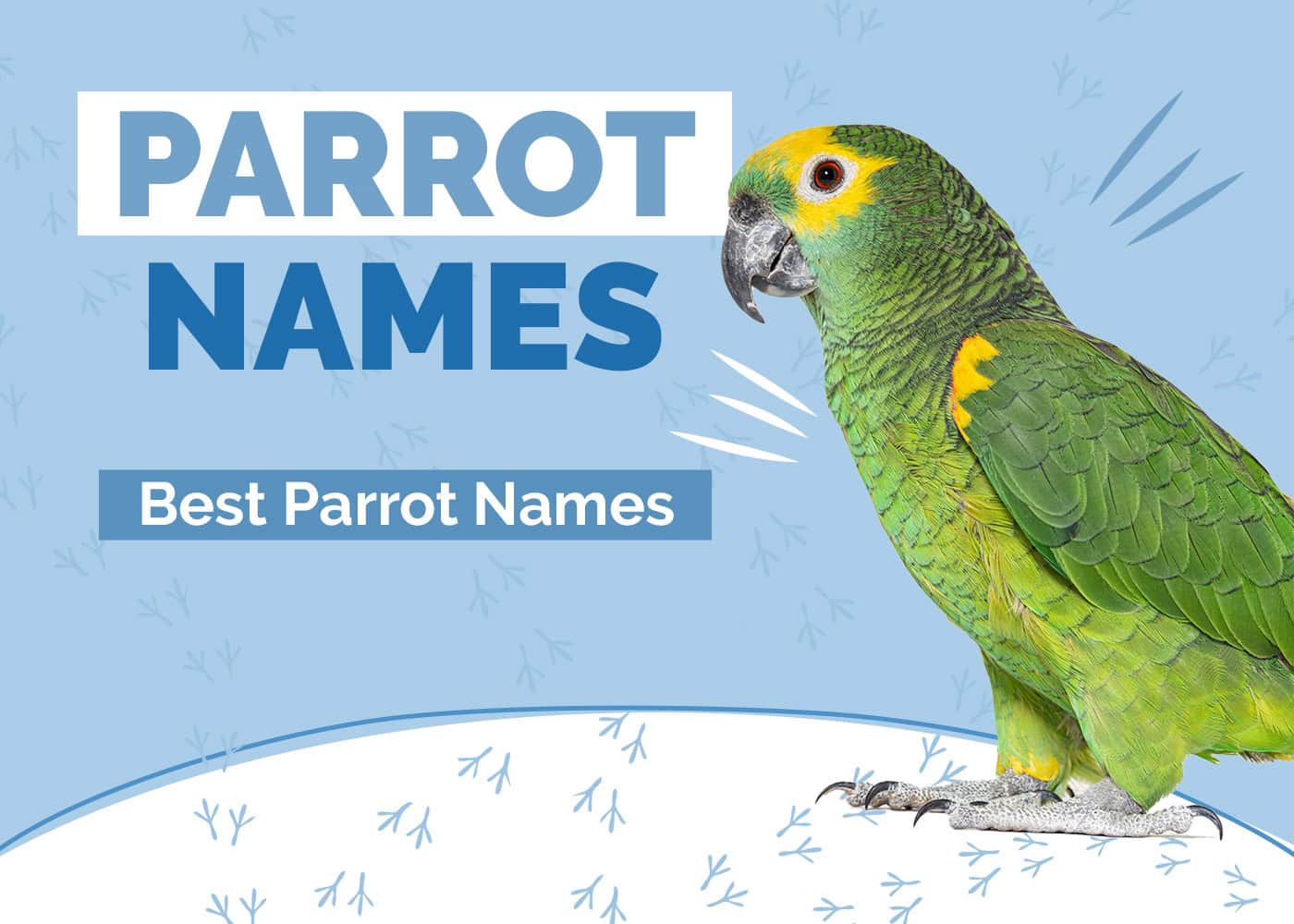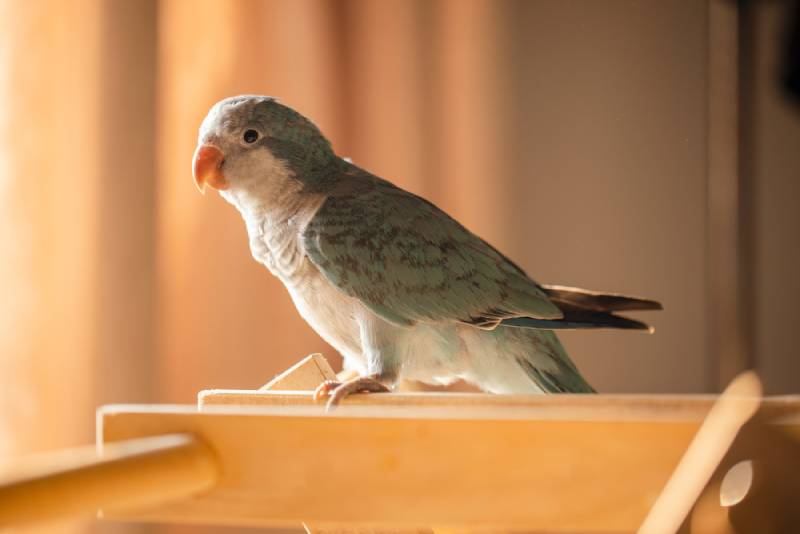Do Macaws Make Good Pets? Vet-Reviewed Pros & Cons

By Misty Layne
Updated on
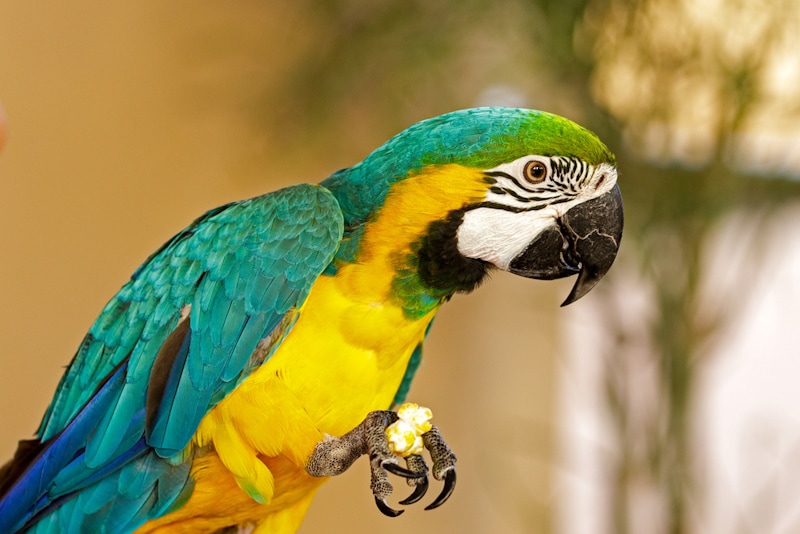
Click to Skip Ahead
This article has been reviewed for factual accuracy by a qualified veterinarian. The views and opinions expressed herein are those of the author and do not necessarily represent the views or opinions of the veterinarian.
Dogs and cats may be the most common pets, but plenty of other animals out there can make excellent pets, too (even if they may be less snuggly). Birds are a favorite pet of many, as they offer a lot of entertainment and companionship. But taking care of birds is totally different from caring for a cat or dog, so you should know what you’re getting into before you get one. You should also understand that how good a pet a bird makes highly depends on what you are hoping for from them.
Macaws are a small group of parrots native to tropical areas of North and South America. While different species of macaws have different characteristics, the group do share some common characteristics that we will discuss in this article. They are well-loved for their bright, colorful appearance and talkative natures, but do macaws make good pets? Well, that depends. Some macaws make better pets than others; how much time and effort a bird owner puts into socializing and caring for their macaws also influences how good they’ll be. Some macaws are also endangered and cannot be kept as pets. Getting a macaw as a pet is something that should be considered very carefully as you are making a commitment that may literally be a lifetime, 50 years or more.
Here’s a closer look at what you should know about keeping a macaw as a pet.
The Pros of Having a Macaw as a Pet
Macaws are incredibly social birds, so having a macaw means you have a friend for life- and these guys can live for decades. Unless you have other birds in your home, you’ll become your macaw’s “flock”, meaning you’ll need to interact with them daily to satisfy their social needs.
This friendly nature also means these birds can be quite affectionate (at least with “their person”). After your pet macaw learns to trust you, you can expect them to exhibit almost puppy-like affection.
Macaws have larger-than-life personalities, too; these birds are highly active and can be incredibly playful, so they’re a ton of fun to have around. That playful nature can turn mischievous at times, though, so watch out!
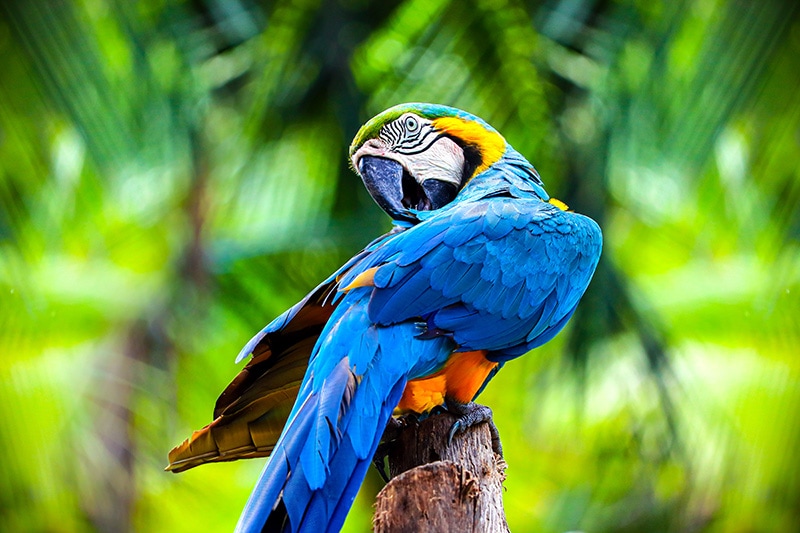
The Downsides of Having a Macaw as a Pet
The trade in wild caught birds has contributed to many species being endangered or vulnerable. To protect wild populations of these incredible birds it is vital that you know where your new pet is coming from. Only captive bred macaws are allowed to be kept as pets.
Like with all pets, there are some definite downsides to having a macaw in your home. For starters, these birds are loud. They screech and squawk often and may even imitate noises they hear around the house. You may want to rethink getting a macaw if you live in an apartment or a similar space in close quarters with your neighbors.
Macaws, like many other parrots, can also be destructive. They aren’t being destructive for the sake of being destructive or because of behavioral issues. They just tend to chew on their surroundings. It’s a natural behavior, so it isn’t something that can really be trained out of them. So, having a macaw means being aware that some of your favorite things may get chewed on.
Macaws can be a bit territorial, too, particularly about their cages, which can translate into aggression. This can make things like cleaning out their cage or feeding these birds difficult; it can also make things dangerous for the novice bird owner. Unlike the chewing they like to do, though, this sort of behavior can be trained out with time and patience.
Finally, these birds are large (unless you get a mini-macaw). These are birds that need a lot of room! They’re large enough that they really should have a separate room entirely for themselves. Between their cages and all the toys they’ll need to help keep them from chewing on your stuff, a separate room of their own is ideal. Of course, this isn’t a requirement, but be aware that these birds cannot live in apartments or other small spaces.
Getting a Macaw
One more thing to know before considering a macaw as a pet is that there are many types of macaws you can’t own. Several of these birds are facing extinction and endangerment. Some macaws are regulated by trade agreements such as the Convention on International Trade in Endangered Species of Wild Fauna and Flora (CITES), so they are prohibited from trading or possessing.

- Hahn’s macaw (red-shouldered macaw)
- Blue and gold macaw (blue and yellow macaw)
- Severe macaw (chestnut-fronted macaw)
- Green-winged macaw (red and green macaw)
Before getting one, you should also check your state’s laws about owning a macaw. While they are legal to own in most places in the United States, some states have rules about ownership. For example, a permit is needed to get a macaw in New Jersey. There may also be rules about where you can purchase a macaw (in-state breeder versus out-of-state breeder). So, check your state’s laws carefully, and contact someone if you have questions to ensure you aren’t doing something illegal!
Final Thoughts
Whether a macaw makes a good pet depends on the person getting one. These birds are bright, fun, playful, and affectionate, so they can be a blast. However, they’re also challenging to deal with as they’re noisy, tend to chew on things, are territorial, and are just exceptionally large birds who need a lot of space and specialized care.
Consider carefully whether you have room for one of these birds and the time to devote to them. Also, look at your state’s laws about macaw ownership to see whether you need a permit or if there are certain macaws you cannot own in your state.
See Also:
Featured Image Credit: Manu M Nair, Shutterstock



